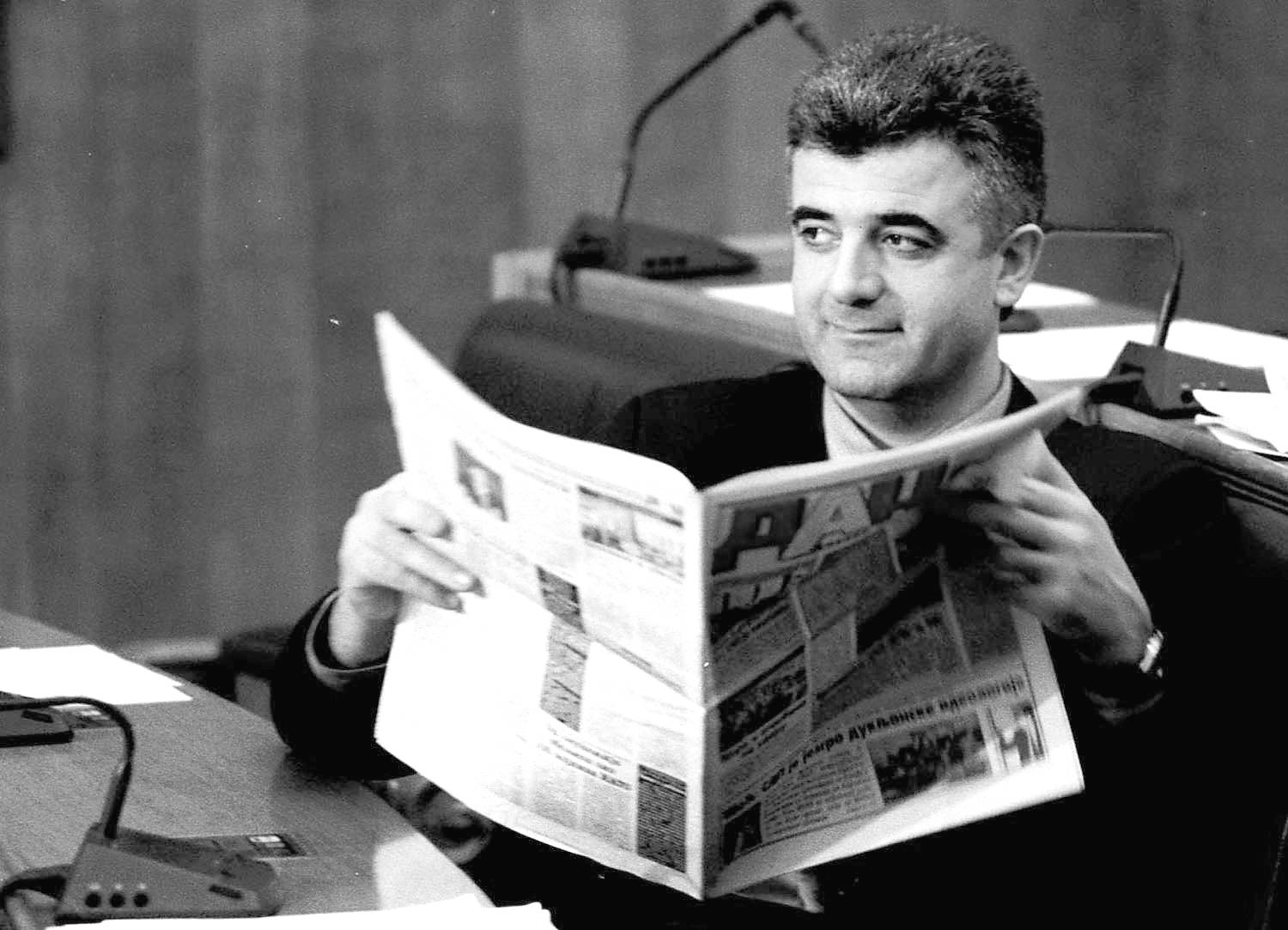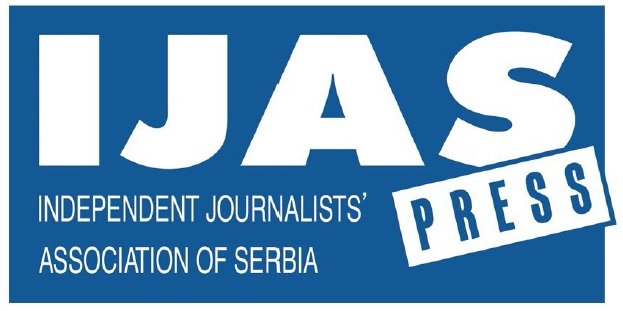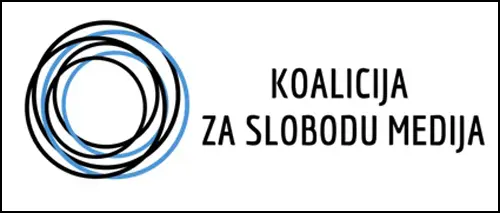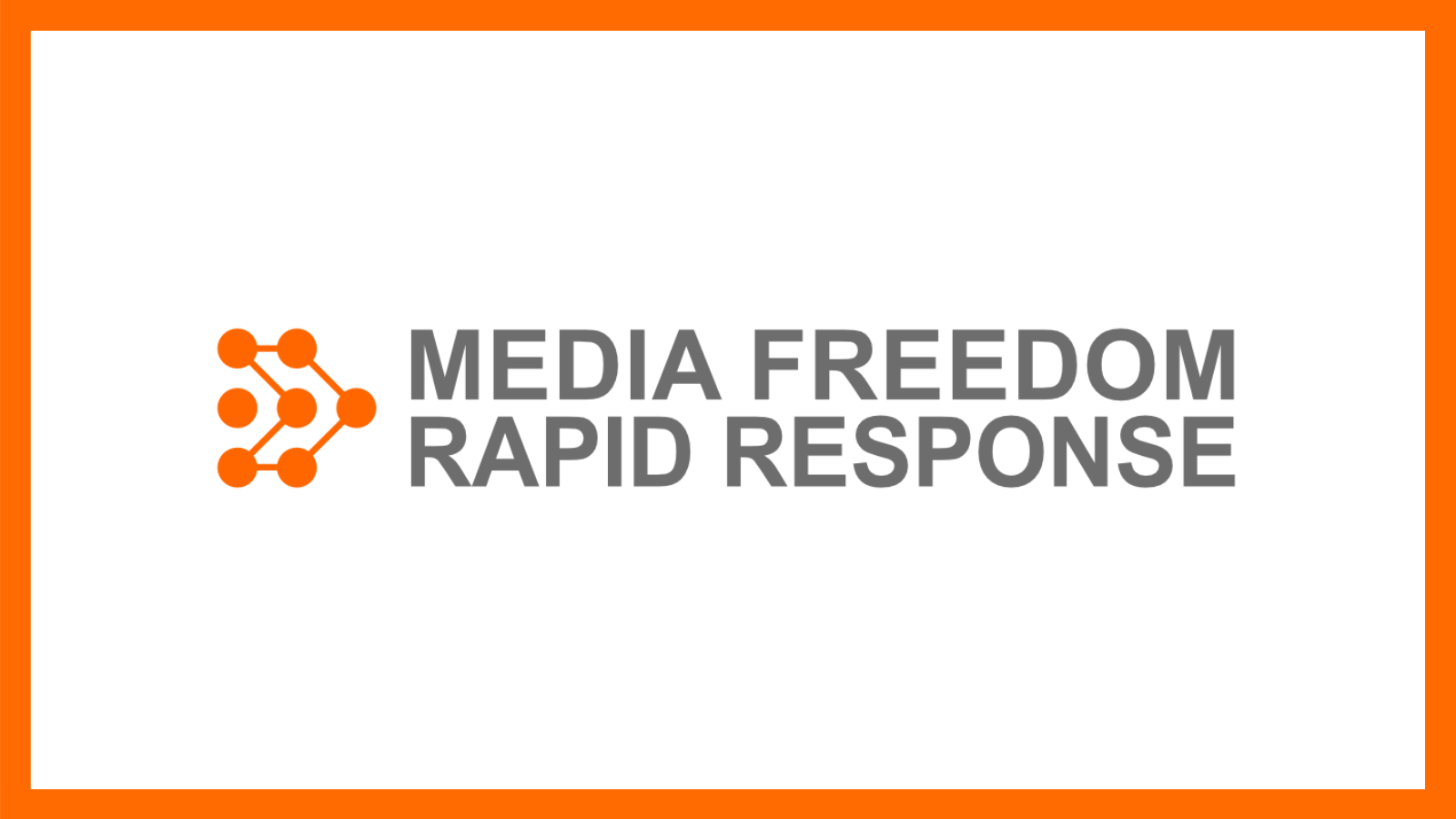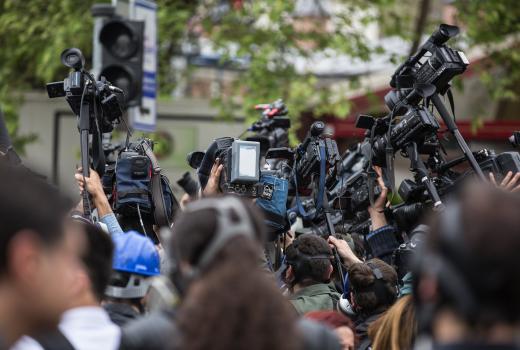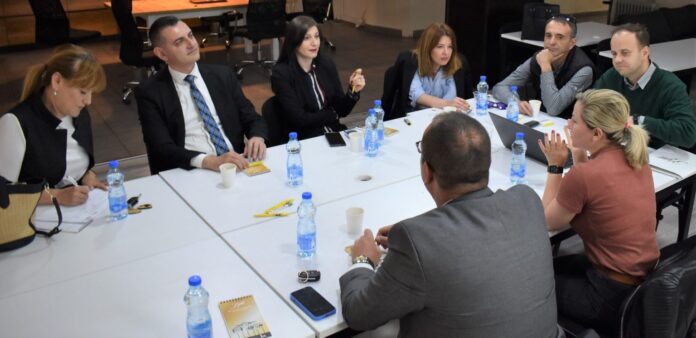Sexism, misogyny and hate speech towards women and the LGBTQ+ community, as well as hate speech based on ethnicity, are most prevalent in Western Balkan media and something that is common to the whole region, according to the results of media monitoring in the Western Balkans which followed problematic trends in reporting on social diversity.
These results were presented at the regional conference ‘Where have diverse voices gone’ in Belgrade. Monitoring of hate speech and representation of diversity is conducted within the Reporting Diversity Network 2.0.
The findings were presented by media experts from the region: Kristina Lani (Albanian Media Institute), Leila Bičakčić (Center for Investigative Journalism), Violeta Oroshi Berishaj (Kosovo 2.0), Željana Kandić (Center for Investigative Journalism Montenegro), Bojan Georgievski (Institute for Communication Studies Skopje) and Ivana Jovanović (Media Diversity Institute Western Balkans).
Sexism, misogyny and hate speech towards women and the LGBTQ+ community, as well as hate speech based on ethnicity, is the most prevalent discourse in Western Balkan media according to the results of the media monitoring in the region which assesses problematic trends in reporting on social diversity.
These results were presented at the regional conference ‘Where have diverse voices gone’ in Belgrade, May 5, 2022. The monitoring of hate speech and representation of diversity is conducted within the Reporting Diversity Network 2.0.
The conference was opened by Milica Pešić, Executive Director of Media Diversity Institute, Tatjana Prijić, deputy Commissioner for the Protection of Equality in Serbia, and Victor Dragutan, Programme Manager at the European Commission’s Media and Civil Society unit, who all highlighted the importance of fair and balanced representation of social diversity in the media. While addressing the participants, Prijić highlighted the efforts that the office of the Commissioner for the Protection of Equality does in order to react to hate speech and ensure the equal treatment of all social groups in Serbian society.
“European Union takes increasingly bold steps to support democracy and freedom of expression, that depends of course on media freedom, pluralism, independence and viability, as well as on the ability of journalists to do their job without fear. Diversity and making all voices heard, which is the topic of the conference today, is of utmost importance too”, said Dragutan after commenting on increased polarisation in media globally, the spread of the “Fox News model” of opinion media, disinformation circuits amplified by social media.
The RDN2.0 media monitoring findings were presented at the conference by media experts from the region: Kristina Lani (Albanian Media Institute), Leila Bičakčić (Center for Investigative Journalism), Violeta Oroshi Berishaj (Kosovo 2.0), Željana Kandić (Center for Investigative Journalism Montenegro), Bojan Georgievski (Institute for Communication Studies Skopje) and Ivana Jovanović (Media Diversity Institute Western Balkans).
“Hate speech along gender lines mainly presents itself in the form of victim blaming, perpetuation of the tradition that women should possess virtue, as well as objectification of women for entertainment” said Kristina Lani from the Albanian Media Institute.
Željana Kandić from the Center for Investigative Journalism Montenegro pointed out that in Montenegro, the most frequent targets of hate speech are women who are engaged in public affairs.
“Most often, women who are engaged in public affairs are targeted, i.e., politicians, journalists, representatives of the NGO sector. In the last few years various examples of misogyny have been noticed – from insulting comments, through to caricatures in which women are shown naked and in an inferior position, all the way to death threats” said Kandić.
Ivana Jovanović from Media Diversity Institute Western Balkans said that the situation is not any better in Serbia, and that the results show that women are the most exposed to hate speech and gave the example of the media with a national frequency that in 2021 participated in the secondary victimisation of women who reported rape allegations and sexual harassment allegations.
“Certain tabloids, as well as televisions with national frequencies, spread narratives that shift the blame to the victim who reported (sexual) violence, as well as conspiracy theories that rape and sexual harassment allegations ‘represent an attack on Serbia’ and thus they participate in the secondary victimisation of victims” said Jovanović.
The panellists said that the targets are those who challenge traditional values, such as women who are fighting for their emancipation or members of the LGBTQ+ community who do not fit the traditional norms.
Bojan Georgievski from the Institute for Communication Studies Skopje also pointed out the role of social networks when he spoke about the ‘Public Room’ case – the Facebook group within which men shared private pictures of women without their consent. Georgievski also noted that this case is in a way an example of good practice, because the administrators of the group were punished with imprisonment, but he also pointed out how this case pointed out the weaknesses of the system, as it took a year to process the case.
Ethnicity is also a sensitive category of social diversity and the results in all six countries can confirm this. The reporting on neighbouring countries is problematic, and there exists particularly sensitive topics such as the Serbia-Kosovo relations or the wars of the 1990s.
“When journalist Pero Jovović went to Pristina for the festival ‘Mirëdita, dobar dan!’ and posted it on his private Facebook profile, pro-government tabloids used it as to target him and his media outlet, which led to Jovović receiving death threats on social networks. A similar thing happened to activists as well as journalists who reported on the mural of convicted war criminal Ratko Mladić. From these examples we can see that the media are very often generators of hate speech” said Jovanović.
Violeta Oroshi Berishaj, who followed the media coverage in Kosovo, also pointed out the relations between Pristina and Belgrade as the initiators of negative trends in the media, which then spill over into social networks. She also spoke about how the media often do not use open hate speech, but the way they report influence public opinion, which is then manifested in an avalanche of hate speech on social networks.
Leila Bičakčić from the Center for Investigative Journalism (CIN) of Bosnia and Herzegovina pointed out that the media in the region are polarised and follow in the footsteps of politicians. The findings from the research confirm that politicians in the Western Balkans are often the initiators of rhetoric that encourages social divisions and hate speech.
What is also common to all Western Balkan societies is the absence of Roma from the media. Interestingly, the monitoring findings do not show many examples of hate speech against Roma. However, this is an indicator of an equally negative trend – Roma are reported only on the occasion to mark World Roma Day or in reports on crime and similar negative contexts. Conference participant, Kristina Lani, called this “hate silence”.
At the conference ‘Where have diverse voices gone’ media representation of diversity was further explored through several panels that dealt with the importance of creating counter-narratives, the thin line between freedom of speech and hate speech, the role of social networks in spreading hate speech, but also in fighting against it. Also, a panel with representatives of regulatory and self-regulatory bodies from the Western Balkans aimed to raise discussion about existing practices to combat hate speech and harmful practices in media representation of social diversity, as well as the cooperation of civil society with institutions.


